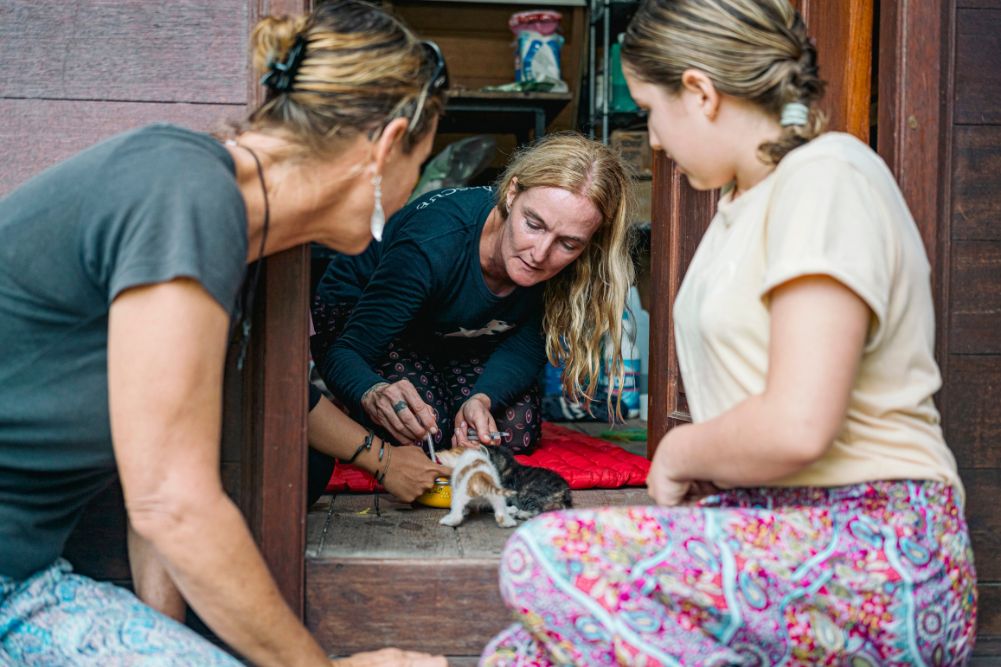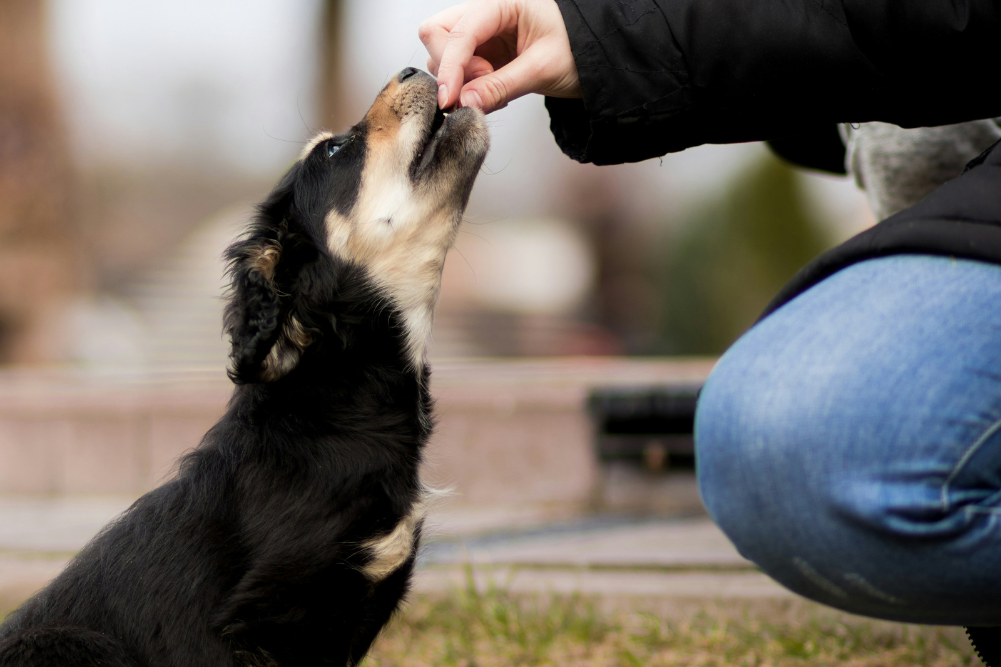Cats and dogs make different food choices
The conversation on cats and dogs turns to the kind of food each pet prefers in new research from Oregon State University. There is a common notion that cats want and need 40 to 50 per cent protein in their diet. But this new research refutes this notion as it sheds new light on optimal nutrition and dietary habits of both cats and dogs.
Previous studies have shown that if palatability is not balanced between foods, cats do in fact prefer to eat very high levels of protein and dogs want to eat a lot of fat. In this research, the scientists hypothesised that if palatability was balanced, then the pet would make long-term food choices based on physiologic requirements, and measuring circulating metabolite concentrations would reflect those choices.
In this research, 17 healthy adult dogs and 27 cats were monitored over 28 days. Four types of food that were designed to taste equally good were prepared for dogs and cats. Food 1 was high protein; Food 2 was high fat; Food 3 was high carbohydrates and Food 4 was balanced for macronutrients.
Each day, dogs had an hour to eat all they wanted up to a predetermined caloric intake needed for metabolic requirements and to maintain weight. However, the cats in the study were not allowed to overeat. The cats had 24-hour food access until they reached their caloric threshold. The placement of the food containers was changed daily for both dogs and cats to guard against “bowl position bias” which could affect the results.
The findings showed that cats on average chose to get 43 per cent of their calories from carbs and 30 per cent from protein. But dogs preferred 41 per cent fat and 36 per cent carbs. Not a single dog or cat chose to get the highest percentage of its calories from protein.
The aggregate cat findings showed trends correlating age with lean body mass — how much muscle an animal has. Younger cats with less lean body mass preferred protein more strongly than younger cats with more lean body mass. Younger cats in general wanted protein more than older cats. However, in the dog study, the younger leaner dogs consumed less protein compared with dogs having more fat body mass. As the choice of macronutrients was based on age and either lean body mass or fat body mass, the findings suggest a physiological basis for the choices cats and dogs make.
The researchers also investigated the effect of the diet on selected metabolites of each macronutrient class to understand what they break down into in the body. They found the older cats’ blood had much lower levels of DHA — a long-chain omega-3 fatty acid important for the brain, heart and eyes — than in the younger cats. None of the foods contained ingredients that were sources of DHA or EPA, which is another long-chain omega-3. But younger cats are more efficient in synthesising DHA than older cats. The researchers also found that in older cats, the concentrations of sulphated microbial catabolic products — protein-breakdown leftovers that in humans are linked to cardiovascular and kidney disease — were significantly higher.
The researchers advocate that like with older people, older cats may have a different gut microbiome than younger cats resulting in different gut microbial activities. This means that if younger cats get more protein they can safely deal and dispose of the excess, but this process is not so efficient in older cats.
Cats and dogs have different dietary requirements when taste is taken out of the equation. Age and body mass play a significant role but unlike popular beliefs, cats prefer carbohydrates while dogs favour high-fat food.
Source: The Journal of Experimental Biology








